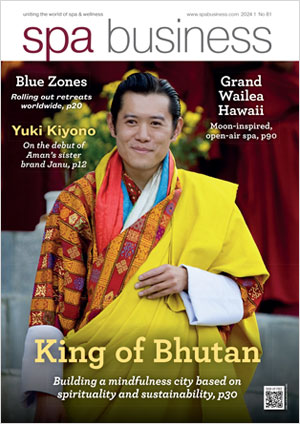US study shows immediate rewards are most effective in changing behaviours
Daily messages can up the step count and lower cardiovascular risk
Games and cash, or a combination of the two, are even better
Enlisting the support of family and friends is also helpful
Short-term incentives to exercise, such as using daily reminders, rewards or games, can lead to sustained increases in activity, according to new research.
Researchers found that even a simple daily reminder encouraged people to move more, while offering financial incentives or point-based rewards was even more effective. Combining the two was the most powerful and led to participants logging improvements in activity levels six months after the rewards stopped, suggesting the intervention helped to form habits.
Supported by the US National Institutes of Health (NIH), the study took place between 2019 and 2024 and was published in the journal
Circulation. More than 1,000 adults, with an average age of 67, who were at elevated risk for major cardiovascular events were monitored via fitness trackers. Their daily step count increased by more than 1,500 a day after a year on the programme and they did an extra 40 minutes of moderate exercise each week.
This is sufficient for a 6 per cent reduced risk of premature death and a 10 per cent reduced risk of cardiovascular-related deaths.
“Even moderate exercise can drastically reduce cardiovascular risk, so finding low-cost ways to get people moving and stay in a fitness programme that they can do at home if needed is a huge win for public health,” said Alison Brown, a programme officer at the National Heart, Lung, and Blood Institute, part of NIH.
Participants set goals to increase their daily steps by 33 per cent, 40 per cent, 50 per cent, or any amount greater than 1,500 steps from their starting point and were divided into four groups. Three groups were offered incentives, including game-like rewards, financial rewards, or a combination of the two.
In the game group, participants received points for meeting their daily step goals and could move up a level. Those who missed their targets lost points and moved down a level. At the end of the study, adults who reached the highest levels by meeting their daily step goals received trophies.
In the financial group, each participant received US$14 each week, but lost US$2 a day if they did not meet their step targets. The third group received game-like and financial incentives.
The fourth group – a control group – received no incentives but got the fitness tracker, along with daily messages that noted their step count.
Participants could also enlist a support crew, such as family or friends, who would receive weekly updates about their progress.
Each intervention lasted for 12 months followed by a six-month follow-up period where all participants received the daily messages.
Prior to the study, all participants logged an average of around 5,000 daily steps, or 2.4 miles. After 12 months, they increased their daily step count, as previously explained, by more than 1,500, or three-quarters of a mile.
Compared to the control group, the game-incentive group walked an extra 538 steps from their baseline amount, while those who received financial incentives walked an extra 492. The group who received both incentives averaged 868 extra steps and maintained an average 576 more daily steps six months later.
Study author, Alexander Fanaroff, said: “This research shows it’s easier to think about today than the future, whether it’s exercising more to support long-term heart health or saving for a future goal, such as college or retirement.”
As a result, researchers recommend supporting people to change their behaviours by finding ways to give immediate benefits or rewards for movement, including using exercise apps that provide daily reminders, enlisting family and friends for support and even creating scenarios where they give money away if they don’t meet their targets.
The research, called
Effect of gamification, financial incentives, or both to increase physical activity among patients at high risk of cardiovascular events: The be active randomized controlled trial was conducted by researchers Alexander Fanaroff, Mitesh S Patel, Neel Chokshi, Samantha Coratti, David Farraday, Laurie Norton, Charles Rareshide, Jingsan Zhu, Tamar Klaiman, Julia Szymczak, Louise Russell, Dylan Small and Kevin Volpp

